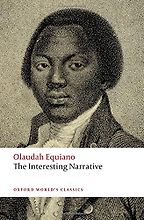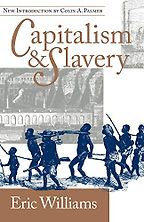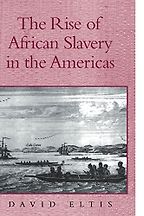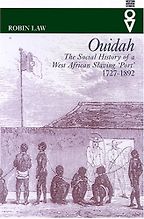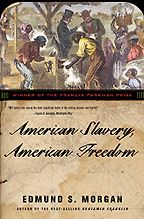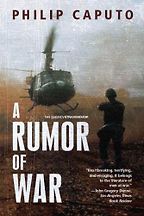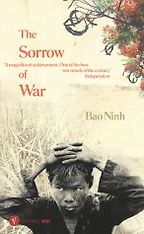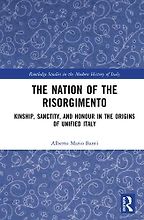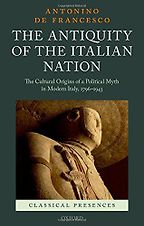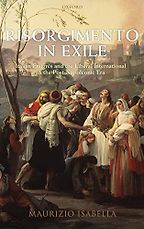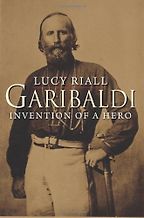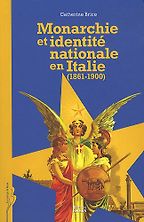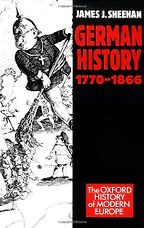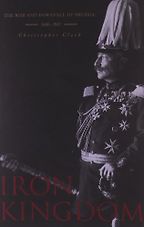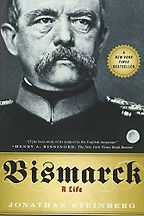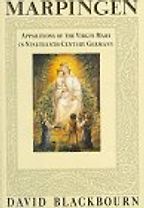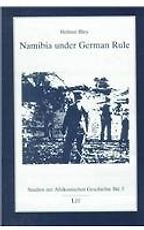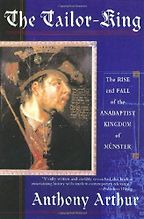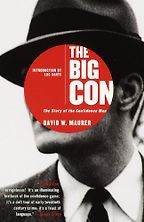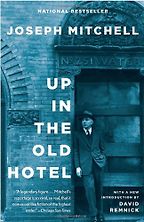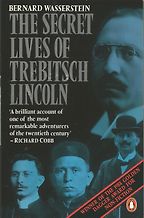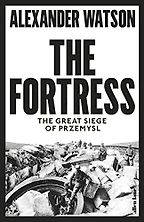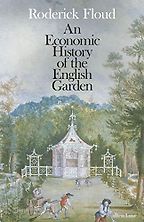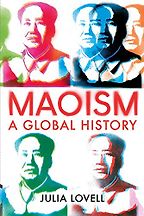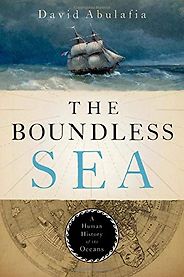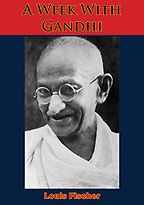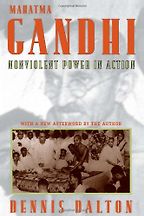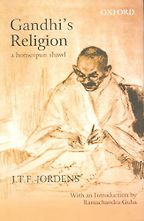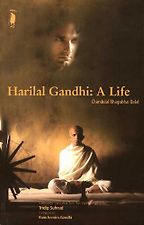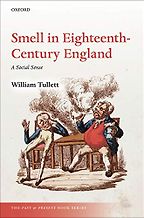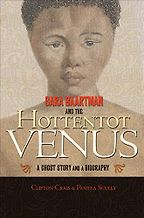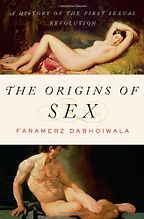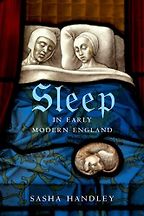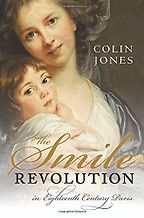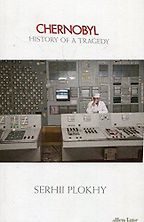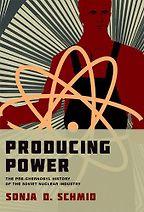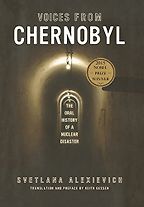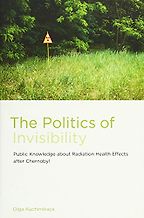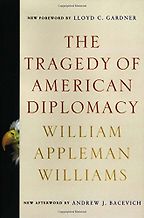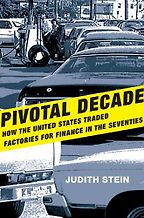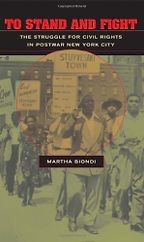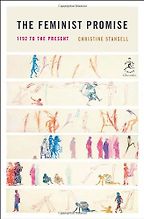History Books
recommended by historians
Last updated: February 12, 2026
-

1
The Interesting Narrative
by Olaudah Equiano -

2
Capitalism and Slavery
by Eric Williams -

3
The Rise of African Slavery in the Americas
by David Eltis -
4
Ouidah: The Social History of a West African Slaving Port 1727-1892
by Robin Law -

5
American Slavery, American Freedom: The Ordeal of Colonial Virginia
by Edmund S Morgan
The best books on The Slave Trade, recommended by William A. Pettigrew
The best books on The Slave Trade, recommended by William A. Pettigrew
In the 17th and 18th century millions of Africans were shipped across the Atlantic to the Americas as slaves. This trade took place at the same time as ‘liberal’ ideas about the importance of human freedom took root in Great Britain and North America. Here, historian William A. Pettigrew recommends five books to help understand the slave trade, how it was established, why it flourished and why it was eventually abolished.
The Best Vietnam War Books, recommended by Karl Marlantes
In 1968 Karl Marlantes was a 22-year old Rhodes scholar and did not have to go to Vietnam. He nonetheless joined the US Marine Corps, ending up with multiple medals but also lifelong PTSD. In this interview, he recommends the best Vietnam War books, exploring its moral ambiguities, the warrior mentality and the humanity of ‘the enemy.’
-

1
The Nation of the Risorgimento: Kinship, Sanctity and Honour in the Origins of Unified Italy
by Alberto Mario Banti -

2
The Antiquity of the Italian Nation: The Cultural Origins of Political Myth in Modern Italy
by Antonino De Francisco -

3
Risorgimento in Exile: Italian Emigrés and the Liberal International in the Post-Napoleonic Era
by Maurizio Isabella -

4
Garibaldi: Invention of a Hero
by Lucy Riall -

5
Monarchie et Identité Nationale en Italie (1861-1900)
by Catherine Brice
The best books on Italy’s Risorgimento, recommended by Carlotta Ferrara degli Uberti
The best books on Italy’s Risorgimento, recommended by Carlotta Ferrara degli Uberti
Italian unification was one of the great political dramas of 19th century Europe, transforming a patchwork of territories speaking different languages into the nation-state of Italy. Here, historian Carlotta Ferrara degli Uberti discusses the people and ideas that brought it about and how its disputed legacy continues to impact Italy today.
The best books on Nineteenth Century Germany, recommended by Richard Evans
At the beginning of the 1800s, Germany was a collection of independent states. By the end, it had been unified under Prussian political leadership into one of the world’s great powers. Here, Richard Evans, Regius Professor Emeritus of History at the University of Cambridge and Provost of Gresham College in the City of London, chooses five books on 19th century Germany that illustrate how that process unfolded and what the political, economic and social consequences of it were—intended and otherwise.
The best books on Hidden History, recommended by Mike Dash
The best stories from history lie beyond the margins of textbooks, says Mike Dash. He tells us about five extraordinary tales from the past, from visions of the Virgin Mary to the golden age of American con artistry.
The Best History Books of 2019, recommended by Paul Lay
From the most brutal siege of World War I to the renewed significance of an ideology many of us had dismissed as defunct, 2019 was a good year for traditional history books on big themes. Paul Lay, editor of History Today, talks us through his picks of the best history books of the year.
The best books on Gandhi, recommended by Ramachandra Guha
Gandhi’s peaceful resistance to British rule changed India and inspired freedom movements around the globe. But as well as being an inspiring leader, Gandhi was also a human being. Ramachandra Guha, author of a new two-part biography of Gandhi, introduces us to books that give a fuller picture of the man who came to be known as ‘Mahatma’ Gandhi.
-
1
Smell in Eighteenth-Century England: A Social Sense
by William Tullett -

2
Sara Baartman and the Hottentot Venus: A Ghost Story and a Biography
by Clifton Crais and Pamela Scully -

3
The Origins of Sex: A History of the First Sexual Revolution
by Faramerz Dabhoiwala -

4
Sleep in Early Modern England
by Sasha Handley -

5
The Smile Revolution in Eighteenth Century Paris
by Colin Jones
The best books on The Body, recommended by Karen Harvey
The best books on The Body, recommended by Karen Harvey
We assume that many of our bodily functions—sleeping and smiling, for example—are ‘natural’ and culturally invariant. But their characteristics and expression are heavily influenced by their cultural milieu. Professor Karen Harvey explains how attitudes to the body in the 18th century were radically rethought in the light of changing scientific and cultural views of its nature and function.
-

1
Chernobyl: History of a Tragedy
by Serhii Plokhy -

2
Producing Power: The Pre-Chernobyl History of the Soviet Nuclear Industry
by Sonja D Schmid -

3
Voices From Chernobyl
by Svetlana Alexievich -

4
Atomic Spaces: Living on the Manhattan Project
by Peter Bacon Hales -

5
The Politics of Invisibility: Public Knowledge about Radiation Health Effects after Chernobyl
by Olga Kuchinskaya
The best books on Chernobyl, recommended by Kate Brown
The best books on Chernobyl, recommended by Kate Brown
While widely regarded as the world’s worst nuclear accident, Chernobyl’s legacy remains fiercely contested, with death tolls ranging from 31 to 200,000. MIT historian Kate Brown, who has spent years in the Chernobyl archives, picks the best books on the disaster, compares its impact with atomic bomb testing, and argues for more research into low-dose radiation exposure
The best books on The Evolution of Liberalism, recommended by Eric Foner
Historian Eric Foner chooses five books illustrating how concepts of American liberalism have changed over the past 50 years, and about the tension that lies at the heart of liberalism today.
